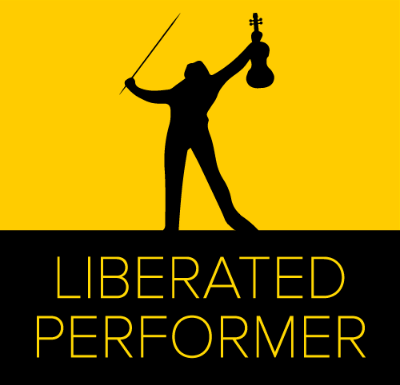How to Improve Creativity In Music Part 1: Baroque Training
Welcome to a series of articles that will encourage you to step outside your artistic comfort zone in order to build a stronger musical identity, develop new skills and perspectives, and give you the confidence to do anything in your career. In part 1, we will explore my time as a member of Yale's Baroque Ensemble.
Juilliard 415, Yale Schola Cantorum, Yale Baroque Ensemble, Masaaki Suzuki, Robert Mealy
My journey to becoming a baroque musician started off with a bang. In my audition, I walked in with my five string electric violin and played Bach's Cello Suite no. 1. Now this might seem a bit weird but I always view auditions as a place to represent yourself as authentically as possible. I realized if you be yourself, they might hate what you do, but at least still respect you for being yourself. Side note: This particular audition was more on the casual side than a typical audition. Anyway, I got lucky as Robert Mealy (the boss!) liked what I did!
The First Lesson
Challenge: I was handed a violin without a shoulder rest or chin rest. I had never played without a shoulder or chin rest before...Now if that wasn't tough enough, the strings were made of gut and the bow was the opposite shape, shorter, and no grip. To get a decent sound, have correct posture, and play notes, were all a huge challenge. It was like I just started learning the violin again.
Benefits: When I went back to my original violin, everything seemed ridiculously easy. I noticed my posture, shifting, and balance improved because I developed a hyper awareness of the mechanics of playing the violin! My efficiency and depth of sound also improved because I learned how to get gut strings to speak and phrase with 25% less length than a modern bow.
The Second Lesson
Challenge: I was handed a pile of music to learn which involved composers I had only heard about. Not only did I have to learn the composers style, but also play it in a historically informed manner.
Benefits: Exploring new repertoire is always extremely fun. It's also extremely educational because it gives you new ways to see, experience, and perform music. In my exploration, I learned that many composers of that time period expected musicians to improvise and ornament. Now coming from the standard classical music training, there's pretty much zero improvisation skills required. We read and learn music, interpret it, and try to recreate a lot of what we practiced on stage. I had also not gone to many concerts with improvisers so the very first time Robert Mealy demonstrated for me, I was blown away. His ornamentation was thrilling, beautiful, and limitless. So I began tackling improvisation and it forced me to take risks, improve my theory, and be ok with playing the wrong note.
The Third Lesson
Challenge: Playing in tune.
Benefits: I thought I had a good ear for intonation through the combination of perfect pitch and years of slow intonation practice. In fact, I even became known for adjusting intonation in college (www.immersivemusicproject.com). However, the baroque world blew that hypothesis up as the mean tone system forced me to listen in a completely new way. Previously, because I had perfect pitch, I would just rely on my perception of what "in tune" meant. However, now that I was using a different system, I began listening to the relationships between notes more and less of the actual pitch. But why couldn't I just use my perfect pitch for mean tone too? Well, it's because my sweaty fingers made the strings go out of tune more often, the standard 440hz A was now at 415hz, then sometimes the 415hz A turned into a 453hz A, and for some pieces I tuned my G string down to an F and D string to a C (scordatura). So, really, the only solution is to listen to the relationships instead of trying to switch systems all the time. After these ear gymnastics, I was able to combine my perfect pitch and strengthened relative pitch to execute intonation at a higher level.
Conclusion
These are just a couple benefits of diving into the baroque world. I highly recommend you consider it as well. Since my experience, I changed the way I view music and perform, gained awesome repertoire to spice up standard classical concerts, and appreciate music that much more. This was an extremely influential year of my life and not only did I come away musically enriched, but also with amazing new friends.
Big thanks and love to Robert Mealy, my peers Elliot Figg, Nayeon Kim, Jurri van der Zanden, Caroline Ross, The Yale Schola Contorum, and Juilliard 415.
-Coach Cory
contact@liberatedperformer.com



